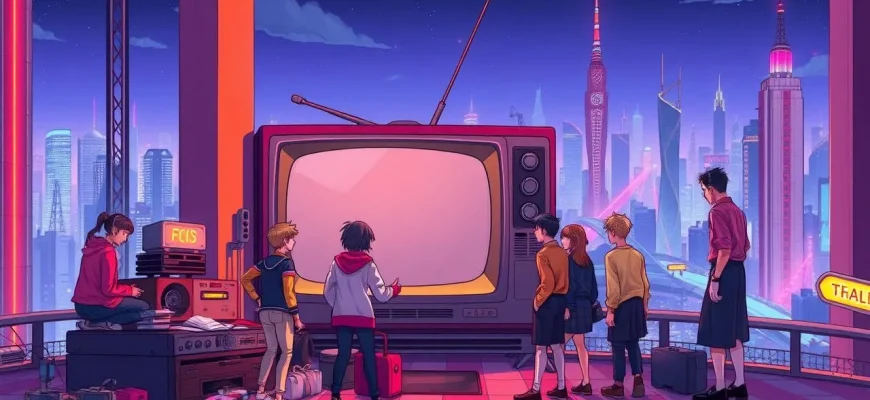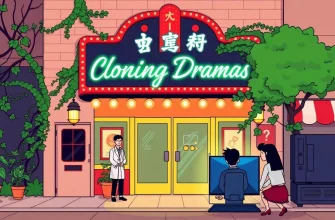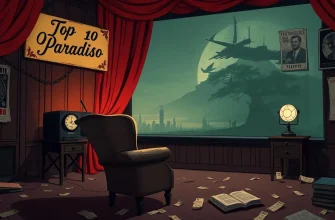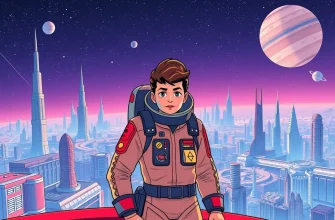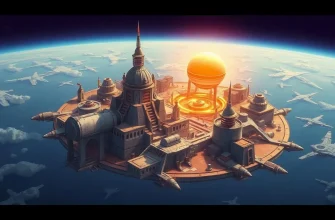Cyberpunk has always been a genre that blends high-tech futures with dystopian societies, often exploring themes of identity, technology, and human nature. This curated list of 10 cyberpunk drama films offers a journey through neon-lit streets, oppressive regimes, and the struggle for humanity in a world dominated by technology. Each film in this collection not only entertains but also provokes thought, making it a must-watch for anyone fascinated by the intersection of technology and society.
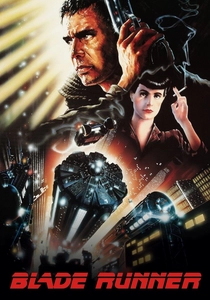
Blade Runner (1982)
Description: This seminal film set the standard for cyberpunk aesthetics and themes. It explores the life of a 'blade runner' who must hunt down bioengineered beings known as replicants.
Fact: The film's famous 'Tears in Rain' monologue was improvised by Rutger Hauer. It was also one of the first films to use the term 'cyberpunk' in its marketing.
 Watch Now
Watch Now
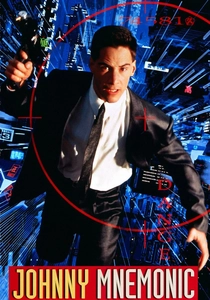
Johnny Mnemonic (1995)
Description: In a dystopian future, a data courier has a secret storage device implanted in his brain, leading to a race against time to save his life and the information he carries.
Fact: The film was based on a short story by William Gibson, often credited with coining the term 'cyberspace'. Keanu Reeves stars in this adaptation.
 Watch Now
Watch Now
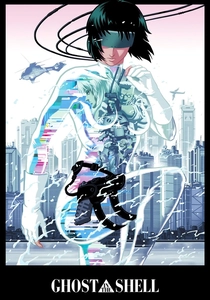
Ghost in the Shell (1995)
Description: A cybernetic government agent must unravel the mystery of a hacker known as the Puppet Master, leading to profound questions about consciousness and identity.
Fact: The film's opening sequence was directly inspired by the opening of Ridley Scott's 'Blade Runner'. It was also one of the first anime films to be widely released in the West.
 Watch Now
Watch Now
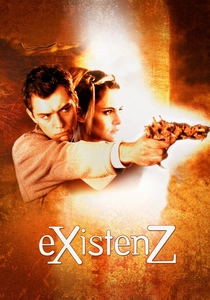
eXistenZ (1999)
Description: David Cronenberg's exploration of virtual reality games blurs the lines between reality and fiction, questioning the nature of existence.
Fact: The film was shot in Toronto, with many scenes filmed in a real-life game design studio, adding authenticity to the setting.
 Watch Now
Watch Now

The Matrix (1999)
Description: While often categorized as sci-fi action, its exploration of virtual reality, AI, and human identity firmly places it in the cyberpunk genre.
Fact: The Wachowskis developed the concept for 'The Matrix' after reading Jean Baudrillard's 'Simulacra and Simulation', which is even referenced in the film.
 Watch Now
Watch Now
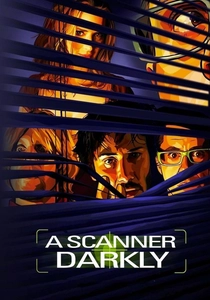
A Scanner Darkly (2006)
Description: Using rotoscoping, this film adapts Philip K. Dick's novel about a drug enforcement agent who becomes addicted to the substance he's investigating.
Fact: The film uses a unique animation technique where live-action footage is traced over, giving it a surreal, dreamlike quality.
 Watch Now
Watch Now
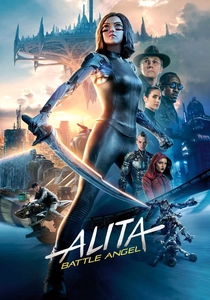
Alita: Battle Angel (2019)
Description: In a future where cyborgs are common, a scientist revives a young woman with an extraordinary fighting ability, leading to a journey of self-discovery.
Fact: The film was directed by Robert Rodriguez and produced by James Cameron, who had been working on the project for over a decade.
 Watch Now
Watch Now
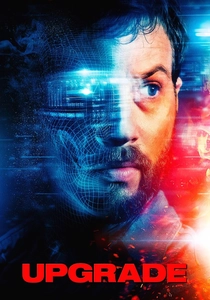
Upgrade (2018)
Description: After a brutal attack, a man receives a cybernetic implant that not only heals him but also gives him superhuman abilities, leading to a quest for revenge.
Fact: The film was shot in Melbourne, Australia, and its director, Leigh Whannell, also wrote the screenplay for 'Saw'.
 Watch Now
Watch Now
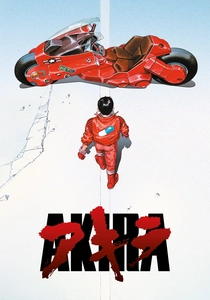
Akira (1988)
Description: Set in a post-apocalyptic Neo-Tokyo, this film follows a biker gang member who gains psychic powers, leading to chaos and a confrontation with a government experiment gone awry.
Fact: 'Akira' was one of the most expensive anime films ever made at the time of its release. Its influence can be seen in numerous Western films and TV shows.
 30 Days Free
30 Days Free
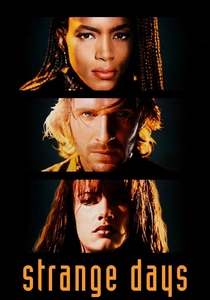
Strange Days (1995)
Description: A former cop turned black market dealer in illegal VR experiences stumbles upon a conspiracy that could change the world, set in a near-future Los Angeles.
Fact: The film was directed by Kathryn Bigelow, who would later win an Academy Award for 'The Hurt Locker'. It also features a soundtrack by The Doors, which was a personal choice by Bigelow.
 30 Days Free
30 Days Free

